#1st amendment
Text
Alina Habba is right!!!
"We must protect American’s free speech and right to a fair trial! Pres. Trump was denied a fair trial in NY where judges are now political activist instead of delivering justice!"
#pay attention#educate yourselves#educate yourself#knowledge is power#reeducate yourself#reeducate yourselves#think about it#think for yourselves#think for yourself#do your homework#do some research#do your own research#ask yourself questions#question everything#justice#1st amendment
811 notes
·
View notes
Text

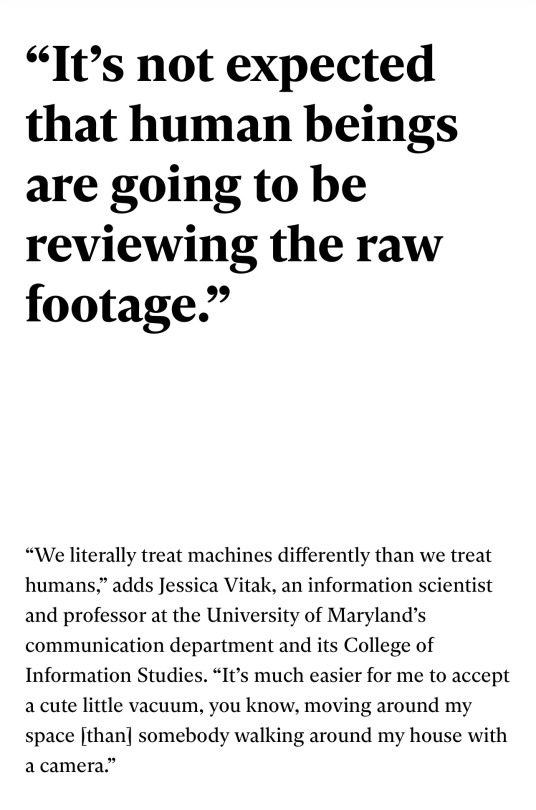

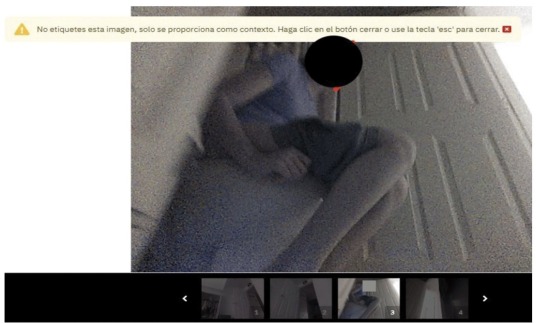
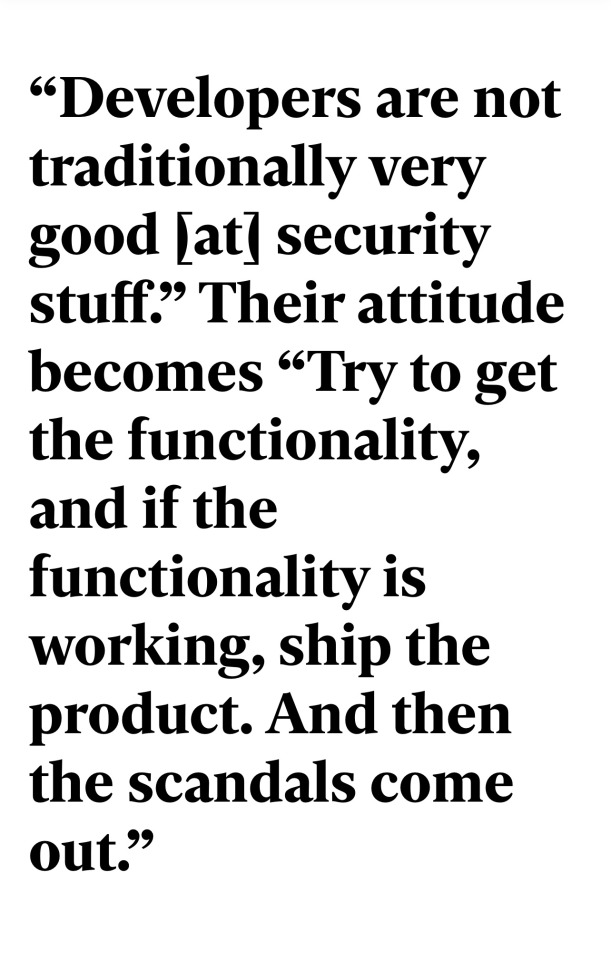
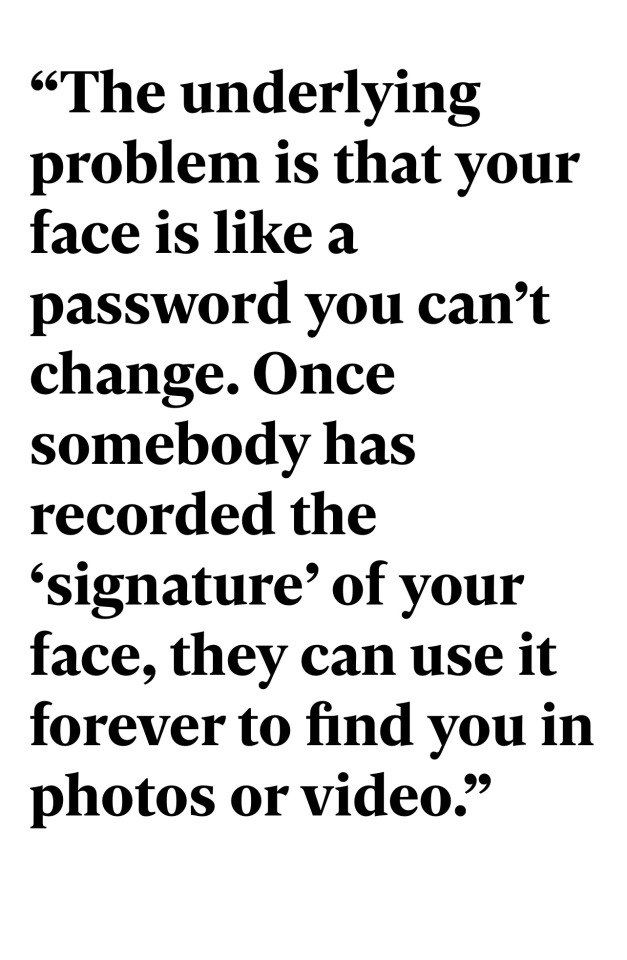
IN THE FALL OF 2020, GIG WORKERS IN VENEZUELA POSTED A SERIES OF images to online forums where they gathered to talk shop. The photos were mundane, if sometimes intimate, household scenes captured from low angles—including some you really wouldn’t want shared on the Internet.
In one particularly revealing shot, a young woman in a lavender T-shirt sits on the toilet, her shorts pulled down to mid-thigh.
The images were not taken by a person, but by development versions of iRobot’s Roomba J7 series robot vacuum. They were then sent to Scale AI, a startup that contracts workers around the world to label audio, photo, and video data used to train artificial intelligence.
They were the sorts of scenes that internet-connected devices regularly capture and send back to the cloud—though usually with stricter storage and access controls. Yet earlier this year, MIT Technology Review obtained 15 screenshots of these private photos, which had been posted to closed social media groups.
The photos vary in type and in sensitivity. The most intimate image we saw was the series of video stills featuring the young woman on the toilet, her face blocked in the lead image but unobscured in the grainy scroll of shots below. In another image, a boy who appears to be eight or nine years old, and whose face is clearly visible, is sprawled on his stomach across a hallway floor. A triangular flop of hair spills across his forehead as he stares, with apparent amusement, at the object recording him from just below eye level.
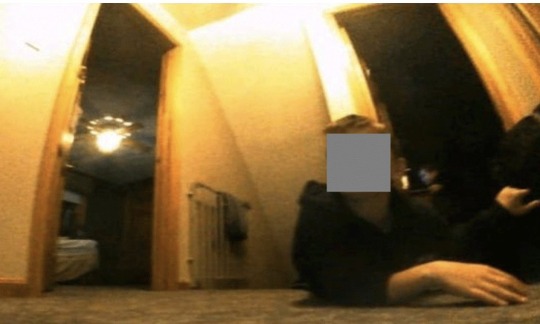
iRobot—the world’s largest vendor of robotic vacuums, which Amazon recently acquired for $1.7 billion in a pending deal—confirmed that these images were captured by its Roombas in 2020.
Ultimately, though, this set of images represents something bigger than any one individual company’s actions. They speak to the widespread, and growing, practice of sharing potentially sensitive data to train algorithms, as well as the surprising, globe-spanning journey that a single image can take—in this case, from homes in North America, Europe, and Asia to the servers of Massachusetts-based iRobot, from there to San Francisco–based Scale AI, and finally to Scale’s contracted data workers around the world (including, in this instance, Venezuelan gig workers who posted the images to private groups on Facebook, Discord, and elsewhere).
Together, the images reveal a whole data supply chain—and new points where personal information could leak out—that few consumers are even aware of.
(continue reading)
#politics#james baussmann#scale ai#irobot#amazon#roomba#privacy rights#colin angle#privacy#data mining#surveillance state#mass surveillance#surveillance industry#1st amendment#first amendment#1st amendment rights#first amendment rights#ai#artificial intelligence#iot#internet of things
5K notes
·
View notes
Text
A Violation of Two Amendments
If you’ve seen a lot of posts online about KOSA, it’s because it has the potential to drastically change the internet.
The Kids Online Safety Act (KOSA) is a proposed bill receiving U.S. Democratic and Republican support.
It pulls on strong concerns about the safety of children, especially the fabricated concerns of LGBT+ topics propagandized by conservatives. It would permit the government to censor the internet at will, restricting what information is available online for everyone, even people in other countries.
The bill would permit attorneys general to prevent basic information about healthcare, mental health, world news, and more from being accessible online, keeping adults as well as children from finding important information and resources.
There are valid concerns about the internet and its ability to harm people, especially children. I have written a thesis specifically about the relationships between mental health and social media. In no way would I ever advocate for increased censorship in the way that this bill does.
It specifically violates the First Amendment of the Constitution, inserting governmental control over people’s speech, the sharing of news, and the sharing of opinions. This would be placing the responsibility of parenting on the government, and allowing them to determine exactly what children -and adults- are allowed to learn.
Furthermore, it is disguised as a bill to ‘protect children’, and that phrase itself has unfortunately become a dog whistle for conservatives referring to LGBT+ topics existing in the world. This bill is extremely dangerous to young LGBT+ individuals.
It is also dangerous to people of different races, nationalities, economic backgrounds, and gun owners. This is because it would virtually mandate age verification. This poses danger for children, people facing domestic abuse, and houseless people, as well as violating the Fourteenth Amendment, which asserts that the state cannot exert undue control over its citizens’ private lives.
Many organizations and websites have initiated petitions and calls to action to express disapproval of this bill, outlining its rights violations, and helping individuals find out how to contact their senators. Some of those resources are linked below.
Additional Resources
1.https://www.eff.org/deeplinks/2024/02/dont-fall-latest-changes-dangerous-kids-online-safety-act
2. https://www.stopkosa.com/
3.https://www.change.org/p/save-our-free-and-open-internet-stop-the-kids-online-safety-act4. https://actionnetwork.org/petitions/censorship-wont-make-kids-safe?nowrapper=true
#KOSA#kosa bill#stop kosa#politics#us politics#anonymity#privacy#activism#internet safety#homophobia#14th amendment#1st amendment#news
248 notes
·
View notes
Text
Ian Millhiser at Vox:
The Supreme Court announced on Monday that it will not hear Mckesson v. Doe. The decision not to hear Mckesson leaves in place a lower court decision that effectively eliminated the right to organize a mass protest in the states of Louisiana, Mississippi, and Texas.
Under that lower court decision, a protest organizer faces potentially ruinous financial consequences if a single attendee at a mass protest commits an illegal act.
It is possible that this outcome will be temporary. The Court did not embrace the United States Court of Appeals for the Fifth Circuit’s decision attacking the First Amendment right to protest, but it did not reverse it either. That means that, at least for now, the Fifth Circuit’s decision is the law in much of the American South.
For the past several years, the Fifth Circuit has engaged in a crusade against DeRay Mckesson, a prominent figure within the Black Lives Matter movement who organized a protest near a Baton Rouge police station in 2016.
The facts of the Mckesson case are, unfortunately, quite tragic. Mckesson helped organize the Baton Rouge protest following the fatal police shooting of Alton Sterling. During that protest, an unknown individual threw a rock or similar object at a police officer, the plaintiff in the Mckesson case who is identified only as “Officer John Doe.” Sadly, the officer was struck in the face and, according to one court, suffered “injuries to his teeth, jaw, brain, and head.”
Everyone agrees that this rock was not thrown by Mckesson, however. And the Supreme Court held in NAACP v. Claiborne Hardware (1982) that protest leaders cannot be held liable for the violent actions of a protest participant, absent unusual circumstances that are not present in the Mckesson case — such as if Mckesson had “authorized, directed, or ratified” the decision to throw the rock.
Indeed, as Justice Sonia Sotomayor points out in a brief opinion accompanying the Court’s decision not to hear Mckesson, the Court recently reaffirmed the strong First Amendment protections enjoyed by people like Mckesson in Counterman v. Colorado (2023). That decision held that the First Amendment “precludes punishment” for inciting violent action “unless the speaker’s words were ‘intended’ (not just likely) to produce imminent disorder.”
The reason Claiborne protects protest organizers should be obvious. No one who organizes a mass event attended by thousands of people can possibly control the actions of all those attendees, regardless of whether the event is a political protest, a music concert, or the Super Bowl. So, if protest organizers can be sanctioned for the illegal action of any protest attendee, no one in their right mind would ever organize a political protest again.
Indeed, as Fifth Circuit Judge Don Willett, who dissented from his court’s Mckesson decision, warned in one of his dissents, his court’s decision would make protest organizers liable for “the unlawful acts of counter-protesters and agitators.” So, under the Fifth Circuit’s rule, a Ku Klux Klansman could sabotage the Black Lives Matter movement simply by showing up at its protests and throwing stones.
The Fifth Circuit’s Mckesson decision is obviously wrong
Like Mckesson, Claiborne involved a racial justice protest that included some violent participants. In the mid-1960s, the NAACP launched a boycott of white merchants in Claiborne County, Mississippi. At least according to the state supreme court, some participants in this boycott “engaged in acts of physical force and violence against the persons and property of certain customers and prospective customers” of these white businesses.
Indeed, one of the organizers of this boycott did far more to encourage violence than Mckesson is accused of in his case. Charles Evers, a local NAACP leader, allegedly said in a speech to boycott supporters that “if we catch any of you going in any of them racist stores, we’re gonna break your damn neck.”
With SCOTUS refusing to take up McKesson v. Doe, the 5th Circuit's insane anti-1st Amendment ruling that effectively bans mass protests remains in force for the 3 states covered in the 5th: Texas, Louisiana, and Mississippi.
#SCOTUS#Deray McKesson#Protests#Black Lives Matter#5th Circuit Court#Texas#Louisiana#Mississippi#1st Amendment#Counterman v. Colorado#NAACP v. Claiborne Hardware#McKesson v. Doe
218 notes
·
View notes
Link
Wave goodbye to the first amendment. This is right out of the fascist handbook.
1K notes
·
View notes
Text
We have one day left before they addressed wether to pass the KOSA bill or not, you think this wouldn't be a problem but It is, they're going to violate the 1st amendment, not just to the children but to the adults as well, including but not limited to the people who are fighting for Palestines rights, and I don't mean we simply won't be able to fight for their rights, though thats bad enough, I mean we're going to be targeted by the government If this bill comes to fruition, If you actually care for us and the lives of the innocent PLEASE call your representatives and your senators, and PLEASE sign a petition against KOSA, I BEG OF YOU, PLEASE HELP US!
#stop kosa#please read this#please help#please reblog#spread awareness#spread the word#kosa bill#kosa#free palestine#free rafah#free gaza#palestine#rafah#gaza strip#1st amendment#children deserve better#gay kids#lgbt rights#lgbtq community#lgbtqia#signal boost#Kayleen Posts
221 notes
·
View notes
Text
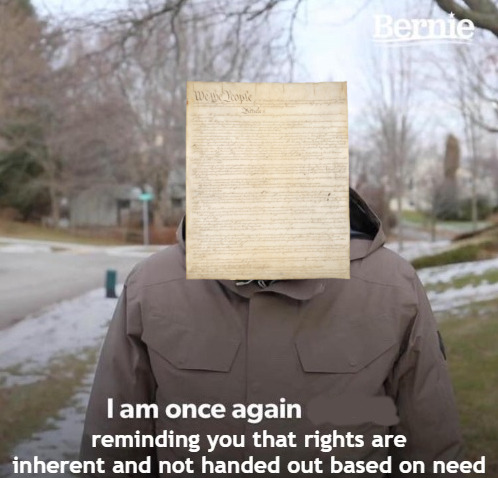
712 notes
·
View notes
Text
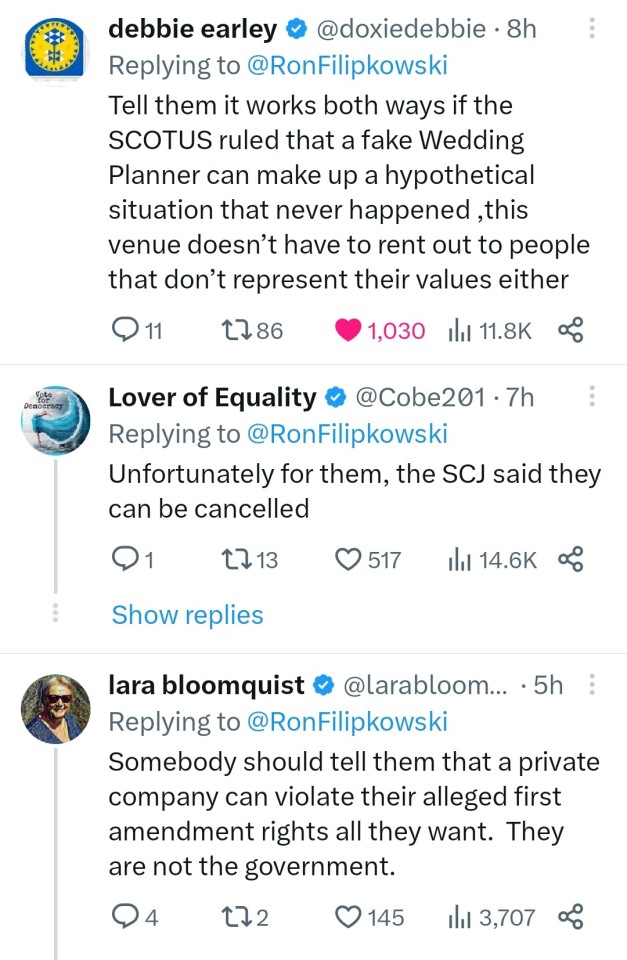
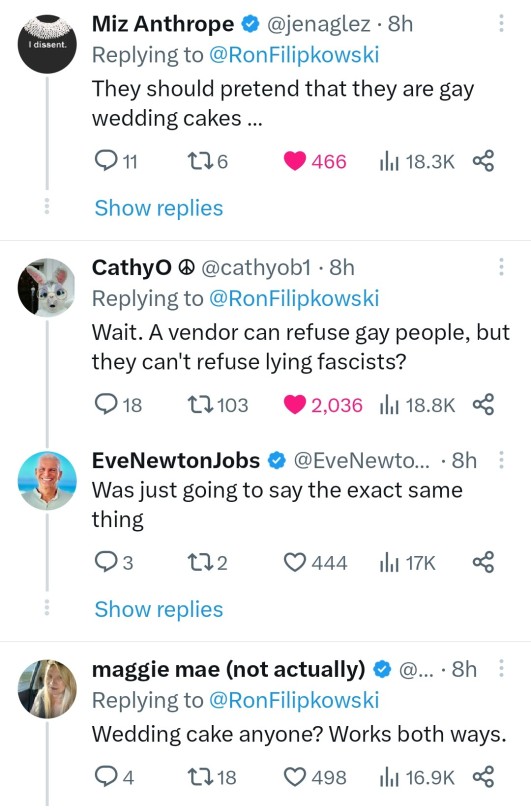
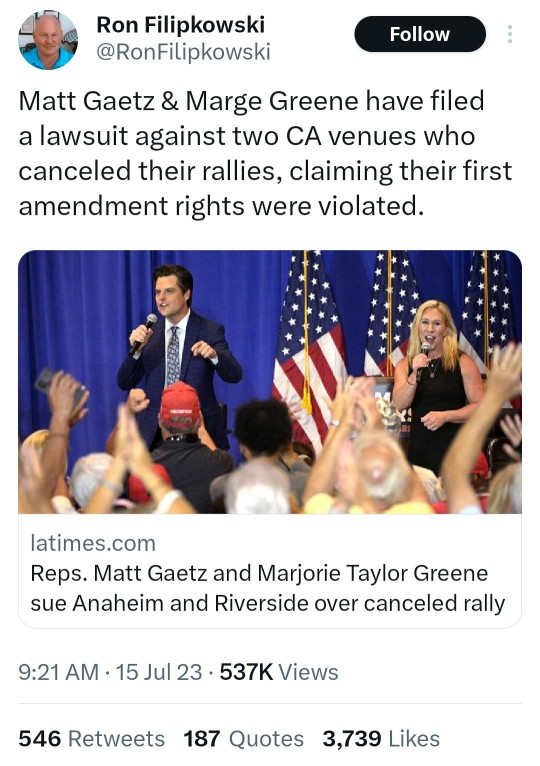
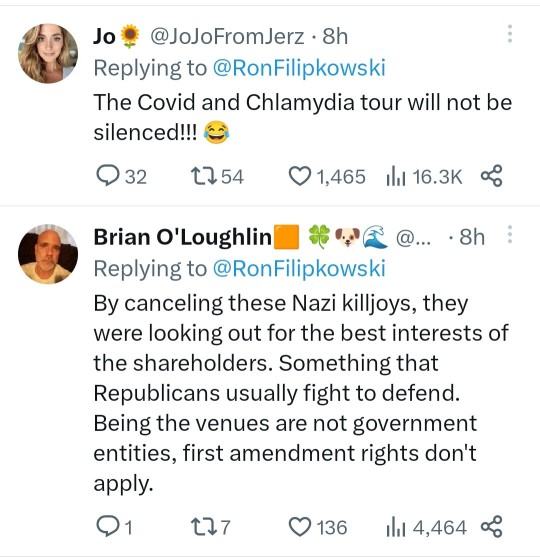
60 notes
·
View notes
Text
In an email to constituents raising concerns about KOSA, Representative Frost writes, “Proposals that involve filtering or identification requirements on sites, like the Kids Online Safety Act (KOSA), would have unintended consequences that undermine our goal of an enriching and educational Internet experience and far outweigh their benefits. They jeopardize kids’ privacy through increased data collection and promote inappropriate parental surveillance which can keep children experiencing domestic abuse from seeking help. Governor DeSantis has championed these policies as a way to censor LGBTQ+ content, like LGBTQ+ mental health resources and HIV prevention information, that can be essential to kids’ well being.”
Representative Frost is absolutely right, and his comments are in line with what human rights, free expression, civil liberties, and civil rights experts have been saying for months. There is tremendous urgency around holding Big Tech companies accountable, but KOSA is not the solution.
Representative Frost goes on to say, “Instead, I support proposals that shape the underlying design of online services commonly used by kids, including social media and video game platforms, to better serve them. These include requiring providers to default to the highest privacy setting possible for minors; ending algorithms that push children toward inappropriate content; using clear, concise language that kids can understand for terms of service; and further limiting and securing the collection of children’s data. We deserve an internet that works for all of us, especially kids.”
Fight for the Future has long called for strong Federal data privacy legislation, a ban on the use of personal data to power recommendation algorithms, and an end to manipulative design features like auto play, infinite scroll, and intrusive notifications. Representative Frost rightly points out that there are many things we can do to crack down on Big Tech abuses without empowering extreme right wing attorneys general to attack trans kids and censor content they don’t like. We hope other members of Congress will join him in speaking out against misguided legislation like KOSA, so that we can work together toward meaningful legislation that addresses the harms of Big Tech without throwing marginalized kids and human rights under the bus.
#article#stop KOSA#KOSA#online privacy#lgbtq rights#LGBTQ#social media#1st amendment#first amendment#privacy#internet
48 notes
·
View notes
Link
“Correctional facilities across the country have a variety of rationales they use to justify this, but largely it boils down to the fact that scanned electronic mail is easier to surveil than physical mail. NYC’s plan is ostensibly in response to a spike in overdoses in NYC’s jail system.”
“Council members also had privacy concerns should mail be recorded off-site by a private contractor. [...] Such data can be retained far into the future and be used against people even if they have never been charged with a crime, have been released from jail, or have had charges dismissed...”
“Previous attempts to digitize mail have resulted in first amendment lawsuits.”
#vice#civil rights#right to privacy#prison reform#us prisons#mail#fourth amendment#4th amendment#prisoners rights#prison industrial complex#human rights#first amendment#1st amendment
143 notes
·
View notes
Text

27 notes
·
View notes
Text
🚨🤯 This NEW LAW gives the government access to all the data on our devices, including cell phones, smart watches, smart cars/tvs, anything "Smart" even alarm clocks, Ring and home security apps.
It would be a crime to use a privacy device, and if you use a VPN, you could get 20 years in prison and a million-dollar fine on the say-so of the Secretary of Commerce. The bill would remove the right to privacy for all internet users, and the government could freely review, prosecute, and take possession of personal information without permission.
The Restrict Act (S. 686) is a government bill that would allow the federal government to review and prohibit certain transactions between persons in the United States and foreign adversaries, including any acquisition, importation, transfer, installation, dealing in, or use of any information and communications technology product or service. The bill is vague and gives the Secretary of Commerce the power to decide if a transaction involves a foreign adversary, without any input from Congress. This could lead to the government silencing free speech with little effort.
A corrupt government could use this bill to control the population and remove freedom by accessing personal information, silencing free speech, and punishing those who use privacy devices or VPNs. The bill would give the government authority over all forms of communication domestic or abroad and grants powers to "enforce any mitigation measure to address any risk" to national security now and in any "potential future transaction."
Politian's Responsible (remember the names, they are enemies of the people): Mr. Warner (for himself, Mr. Thune, Ms. Baldwin, Mrs. Fischer, Mr. Manchin, Mr. Moran, Mr. Bennet, Mr. Sullivan, Mrs. Gillibrand, Ms. Collins, Mr. Heinrich, Mr. Romney, and Mrs. Capito. 🤔
#pay attention#educate yourselves#educate yourself#knowledge is power#reeducate yourself#reeducate yourselves#think about it#think for yourselves#think for yourself#do your homework#do some research#do your own research#ask yourself questions#question everything#1st amendment#government corruption#government tyranny#lawlessness
224 notes
·
View notes
Link
From the September 29, 2023 article:
Giving governments the power to compel large social media platforms to host all manner of speakers and speech offends well-established First Amendment principles. It may also spell the beginning of the end of the internet as we currently know it. Right now, platforms can take down vile and harmful content when it offends their terms of service. But if the Texas and Florida laws stand, the platforms would become a virtual free-for-all. White supremacists, terrorists, and other harmful speakers would gain a legal right to communicate on the platforms. These and other speakers could effectively shut down the platforms by forcing them to defend countless lawsuits under the state laws.
32 notes
·
View notes
Text
Mike Pence said yesterday on Fox Business that the First Amendment to the Constitution doesn’t provide “freedom from religion,” the idea that people shouldn’t have other people’s religious beliefs forced on them.
Host Larry Kudlow told Pence that “far-left progressives… will not allow God into the conversation, will not allow religion into the conversation. Not just the conversation, the schools, the communities, the workplace… I mean, no one is allowed to talk about the Ten Commandments or the importance of moral values.”
People are allowed to talk about the Ten Commandments and morality in the U.S.
“How can we have a truly great nation? These lefties want to scrap religion, Mike Pence, and I think it’s a terrible mistake,” Kudlow said.
Pence waited a bit – possibly to see if Kudlow was actually going to ask a question – and responded: “Well, the radical left believes that the freedom of religion is the freedom from religion. But it’s nothing the American founders ever thought of or generations of Americans fought to defend.”
“The good news is that after four years of the Trump-Pence administration, I’m confident that we have a pro-religious freedom majority on the Supreme Court of the United States,” he continued.
youtube
Despite Pence’s insistence, the First Amendment comes with two parts. He and Kudlow appeared to be familiar with the Free Exercise Clause, which says “Congress shall make no law… prohibiting the free exercise” of religion.
But there’s also the Establishment Clause, which says that “Congress shall make no law respecting an establishment of religion.”
In other words, the First Amendment gives people both freedom of and freedom from religion.
America’s founders were opposed to the government forcing religion on people, especially considering the religious oppression and wars that had plagued Europe in the centuries leading up to the writing of the Constitution.
“No man shall be compelled to frequent or support any religious worship, place, or ministry whatsoever, nor shall be enforced, restrained, molested, or burthened in his body or goods, nor shall otherwise suffer, on account of his religious opinions or belief; but that all men shall be free to profess, and by argument to maintain, their opinions in matters of religion, and that the same shall in no wise diminish, enlarge, or affect their civil capacities,” Thomas Jefferson wrote in the constitution of Virginia, showing that freedom from religion was definitely something that the founders were thinking of.
“The settled opinion here is that religion is essentially distinct from Civil Government, and exempt from its cognizance; that a connexion between them is injurious to both; that there are causes in the human breast, which ensure the perpetuity of religion without the aid of the law,” James Madison wrote in a letter in 1819. “A legal establishment of religion without a toleration could not be thought of, and with toleration, is no security for public quiet and harmony, but rather a source itself of discord and animosity.”
Pence’s views on the establishment of a national religion could be of national importance in a few years. He has suggested that he’s considering a 2024 presidential run and, as he noted in the interview with Kudlow, the president can appoint judges who can rule against freedom from religion.
#us politics#news#LGBTQ nation#2022#2024 election#2024 elections#2024 presidential race#gop#conservatives#Republicans#mike pence#freedom of religion#freedom from religion#first amendment#1st amendment#fox business#larry kudlow#youtube#video#Free Exercise Clause#Establishment Clause#quotes#us constitution#president thomas jefferson#president james Madison#us supreme court#scouts
121 notes
·
View notes
Text
TwitterGate ... 1st Amendment 🤔
#pay attention#wake the fuck up#wake up#wake up america#wake up people#wake up world#educate yourself#educate yourselves#do your own research#do your research#do your homework#twittergate#twitter files#1st amendment
73 notes
·
View notes
Text
Illinois becomes first state to pass law curtailing book bans
238 notes
·
View notes